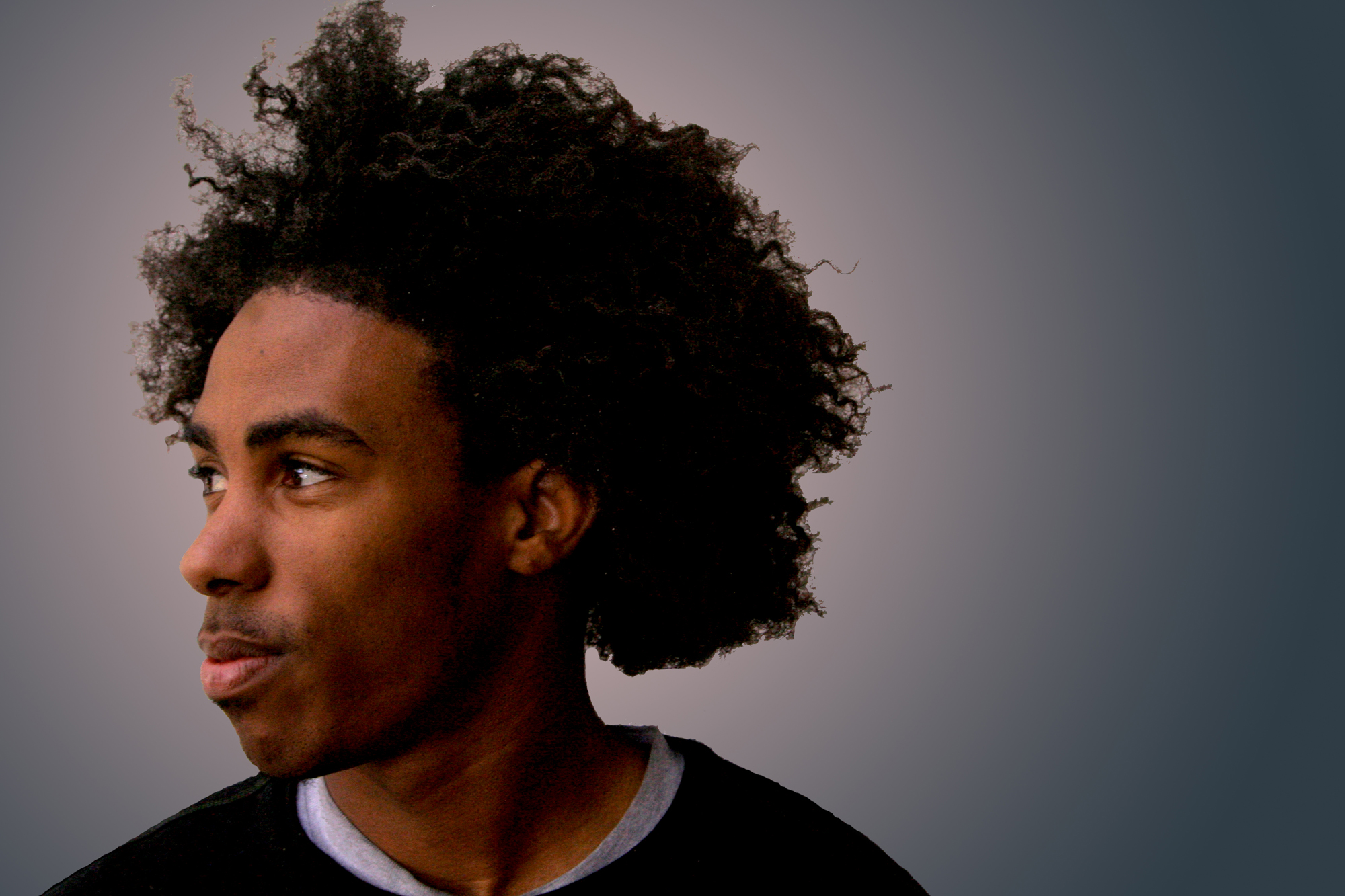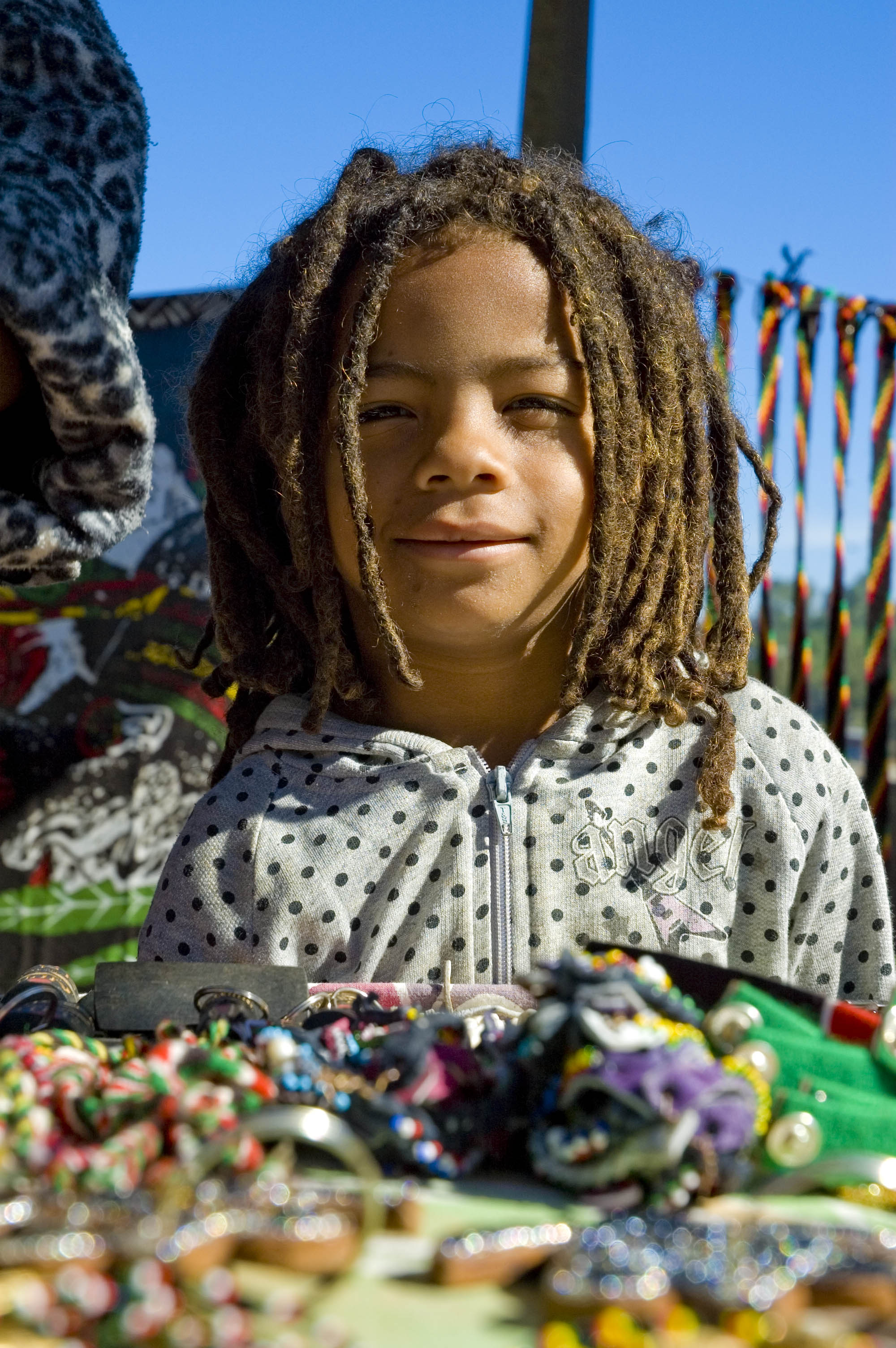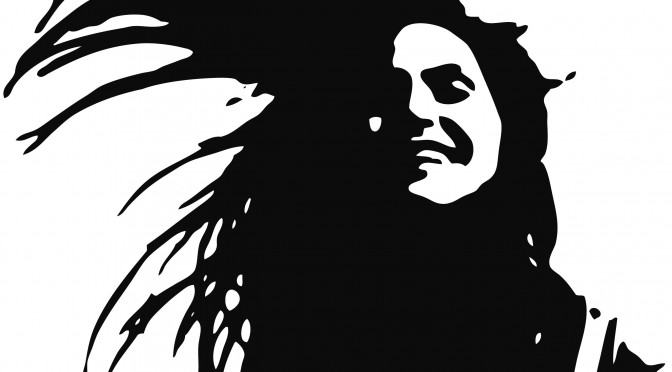The Rule out Racism Week is hosted by the Equity and Inclusion office in collaboration with other campus partners including the International Programs and Services, UBCSUO, and SARA to mitigate the cancer of racism in our campus community .

The Politics of Hair event was hosted by Siona Coker, a 4th year Philosophy, Gender and Women’s studies double major, who prepared a presentation on black hair. She approached the topic from the concept of good hair as perpetuated by the major hair brands and media. Touching on topics including what hair is ‘professional’ , the problem with touching people’s hair without permission, and the differences in texture of natural hair, as well as appropriation.
 For a long time, Eurocentric beauty standards have been the order of the day and people who have not subscribed to these standards especially in the professional world sometimes face institutional racism. They are sent home from school because of their hair whose texture they have little control over, or are less competitive for job opportunities because of their ‘unprofessional’ hairstyles. Siona spoke on the reasons why ‘wearing your mane’ was a source of pride, as well as the damage that heat use (for straightening) does to black hair and the costs black women have to go through to be professional.
For a long time, Eurocentric beauty standards have been the order of the day and people who have not subscribed to these standards especially in the professional world sometimes face institutional racism. They are sent home from school because of their hair whose texture they have little control over, or are less competitive for job opportunities because of their ‘unprofessional’ hairstyles. Siona spoke on the reasons why ‘wearing your mane’ was a source of pride, as well as the damage that heat use (for straightening) does to black hair and the costs black women have to go through to be professional.
The discussion moved on to why touching peoples hair is a complete No-No, especially as it pertains to women, because of the long history of patriarchy and inequality in the system. It was revealed that hair is perceived as very intimate, and when people who have not been given permission to touch it, reach in, they reinforce the privilege that they have, more so when men do it. Many of the participants believed that their hair is a symbol of liberation, which when people randomly touch, re-oppreses them.
Post discussion, I thought about why, in the 21st century, some people are still concerned about how people look instead of what skills they bring to the table. It is part of the reason why mitigating systemic and institutional racism as well as all forms of discrimination from our society. More discussions like these in our community can contribute to our minute quota in the world, in attempts to curb discrimination.


 Follow
Follow